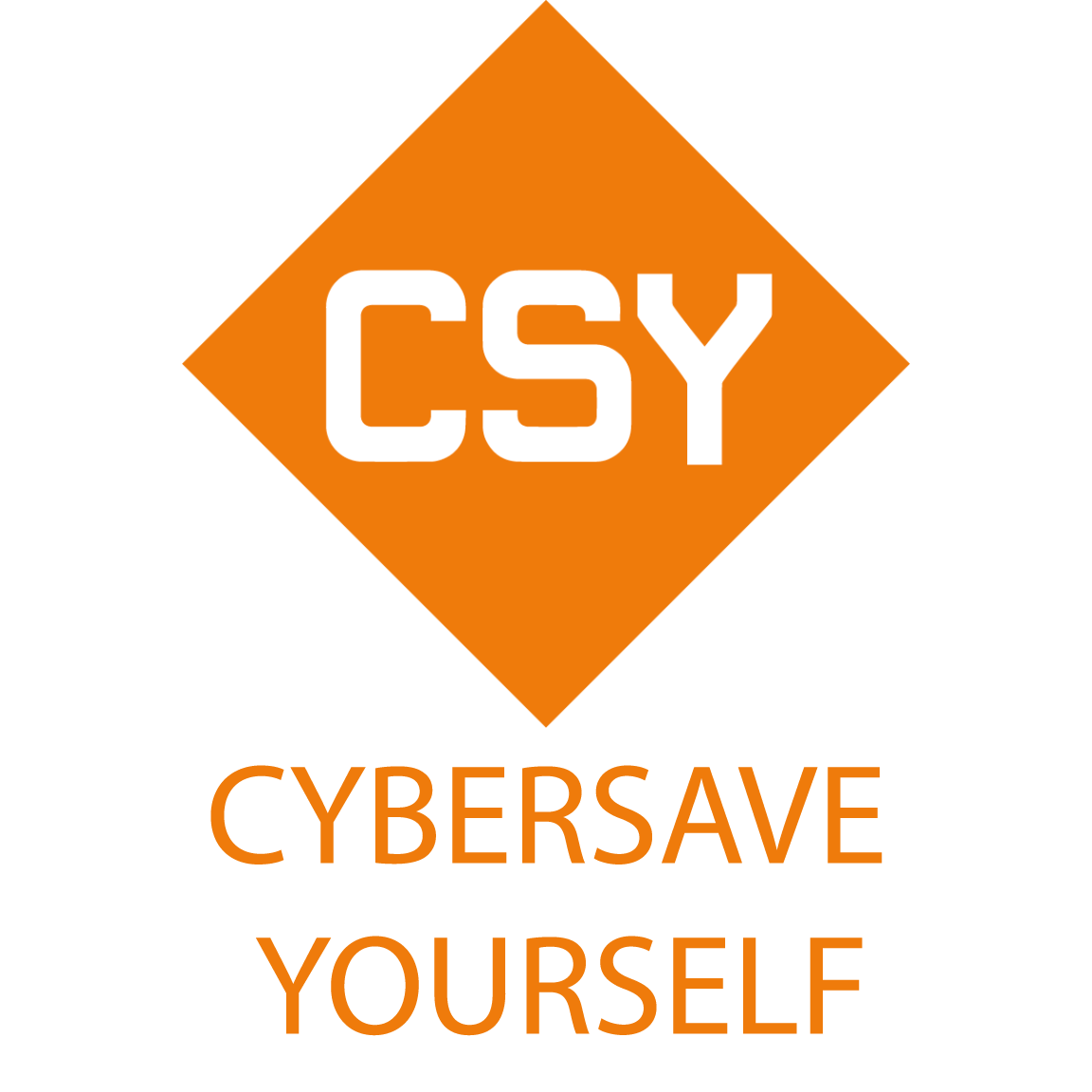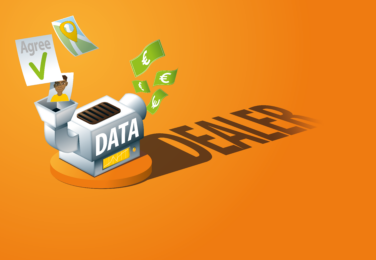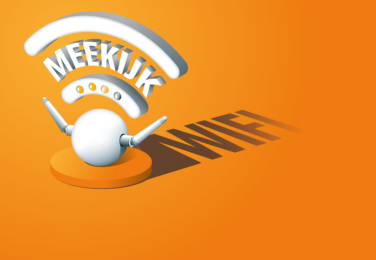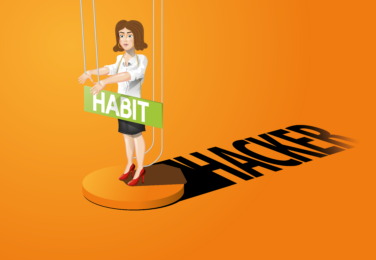Sharing accounts
Your login details are personal. But not long ago you let someone use your account to look something up. Surely, there’s nothing wrong with that? Login scams take many forms. From unauthorised use of personal information to the resale of confidential data. So never share your login details with anyone and be careful with confidential information.
Keep login scammers at bay.
For your eyes only
Generally, an account is intended and designed for 1 user. Many accounts are used not only to access a particular service, but increasingly as a digital passport. For example, you can use your Google or Facebook account to log in to a variety of other websites and services. Your institution account is also strongly linked to your identity.
Sharing can lead to abuse
So the moment you share such an account with someone else, you are giving away more than just your password. It may be easy at the time and you probably trust the person you share it with, but an accident is in a small corner. And if your login information is leaked, your account can be misused for all sorts of things: from spam or sabotage to identity fraud.
Keep login thieves out. Your account is yours alone.
What if someone else has access to your account?
Keep your account safe with these tips.
- Check www.politie.nl or www.haveIbeenpawned.com or passwords associated with your email address have been hacked.
- Use a unique password for each account. A digital password safe can help you create and remember unique and strong passwords.
- Be aware of what your account can be used for. For example, to place online orders, take out a loan or access other services.
- Have you shared your account with someone once? Or do you suspect someone is using your account? Change your password and set up Multi Factor Authentication.
- Keep passwords in a place where others cannot access them. Do not share your password or the way to remember your password.



